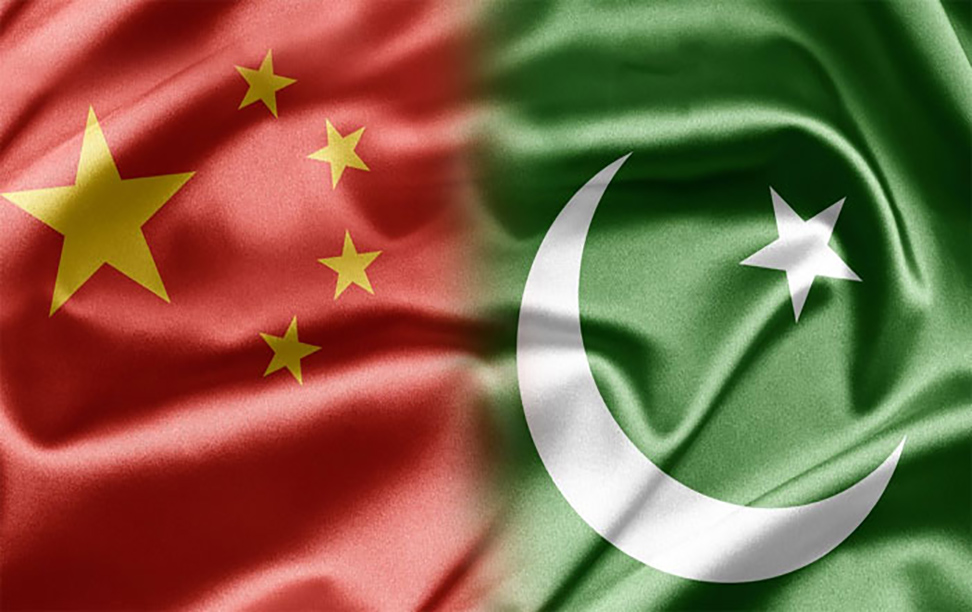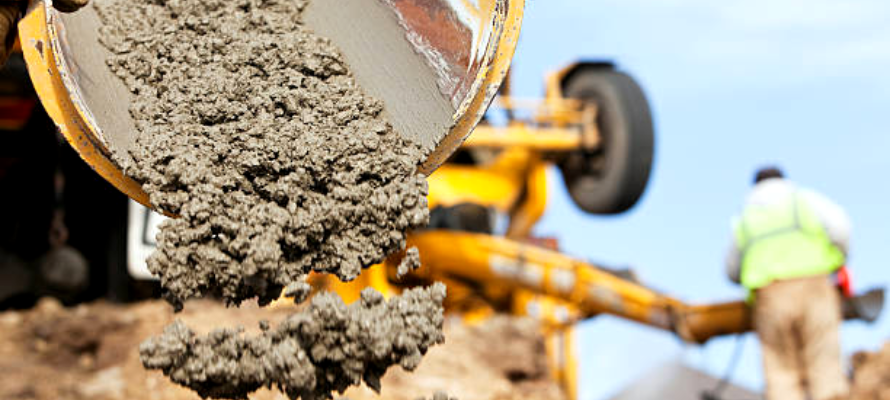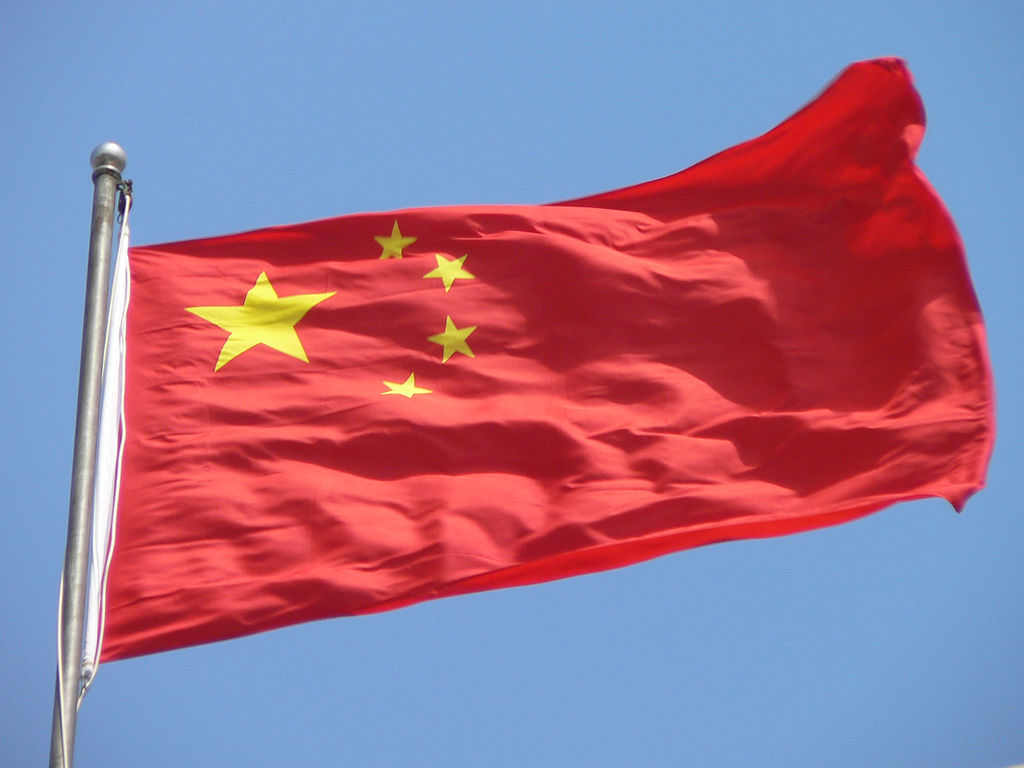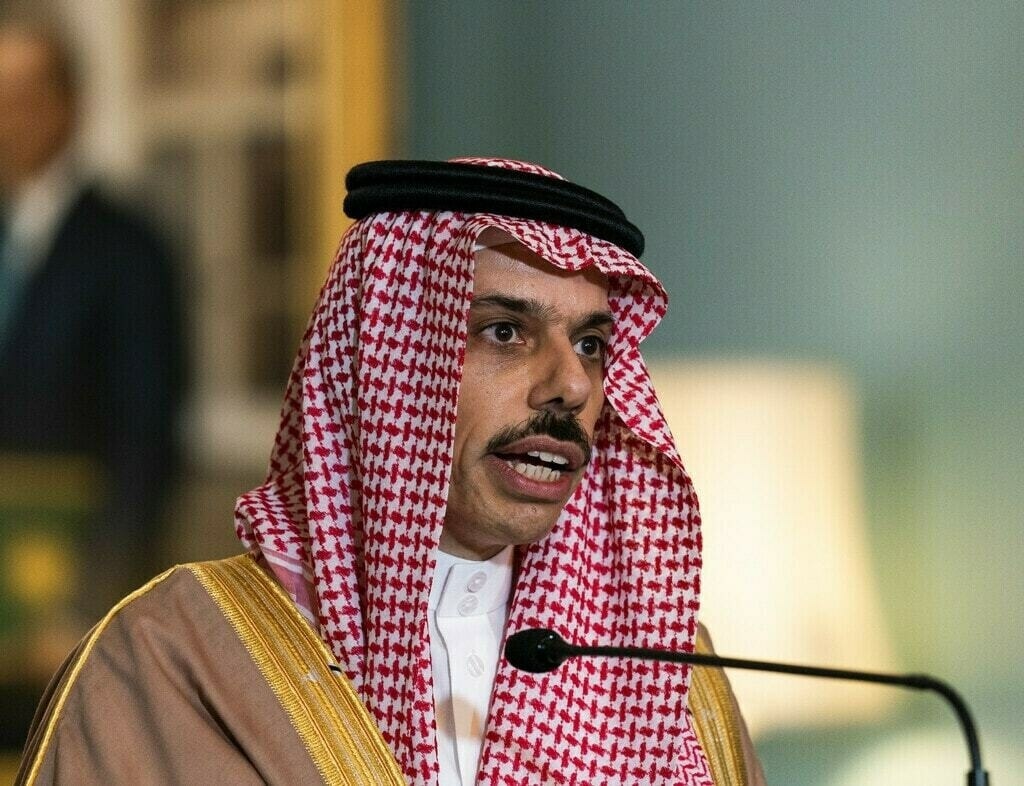Feb 08, 2022: Top leaders of China and Pakistan reaffirmed their support for the high-quality development of the China-Pakistan Economic Corridor (CPEC), agreeing that the CPEC has significantly contributed to Pakistan's economic and social progress, according to a joint statement released by the two countries in Beijing.
The CPEC construction went through an extraordinary year in 2021 as the COVID-19 pandemic posed great uncertainty to the economic development of most countries and regions around the world. Nevertheless, the economic and social cooperation between China and Pakistan, represented by the CPEC, has been advancing in an orderly manner, playing a significant role in supporting and ensuring Pakistan's economic and social development, according to Global Times.
Take textiles, one of Pakistan's pillar industries, as an example. Despite the impact of the pandemic, the South Asian nation has registered a robust performance in its textile exports. During the second half of 2021, Pakistan's the textile and garment exports surged 26 percent year-on-year to reach $9.38 billion, according to the latest data from the Pakistan Bureau of Statistics.
The stronger export capacity in Pakistan's textile industry is primarily due to its government's enhanced efforts to attract foreign investment despite the pandemic. Moreover, increased investment Chinese textile companies made in Pakistan as well as the improved connectivity brought by the Belt and Road Initiative (BRI) construction have also contributed to the development of the local textile industry.
To a certain extent, the rapid development of Pakistan's textile industry is a microcosm of China's efforts to boost the local economy and manufacturing through the CPEC.
For a long time, poor transportation conditions and energy shortage were the two major bottlenecks restricting Pakistan's economic development and societal progress. The CPEC construction has greatly improved the transportation, power supply, road communication and other infrastructure along the BRI route.
Since 2015, the CPEC has directly created more than 75,000 jobs in Pakistan. In the meantime, China has also invested heavily in various projects in the country. It is conceivable that once the CPEC construction is fully completed, more investment will be drawn to the country, which will be greatly conducive to improving Pakistan's manufacturing base.
By comparison, it is undeniable that India has a number of advantages to become a manufacturing power, but it also lacks some fundamental basis for long-term manufacturing development. Some of its most apparent weaknesses such as poor infrastructure, an undereducated labour force and trade and investment protectionism will likely be a drag on the long-term growth of the Indian manufacturing industry.
Of course, some may argue that there is still a considerable gap between India and Pakistan in terms of manufacturing strength, but with the improved BRI connectivity as well as the steadily growing investments by Chinese companies in Pakistan, the South Asian nation is well poised for a rapid facelift. And this could pose a new challenge for India as it is likely to face rising competition from Pakistan in sectors including auto parts and textiles in the near future.
APP
30695







